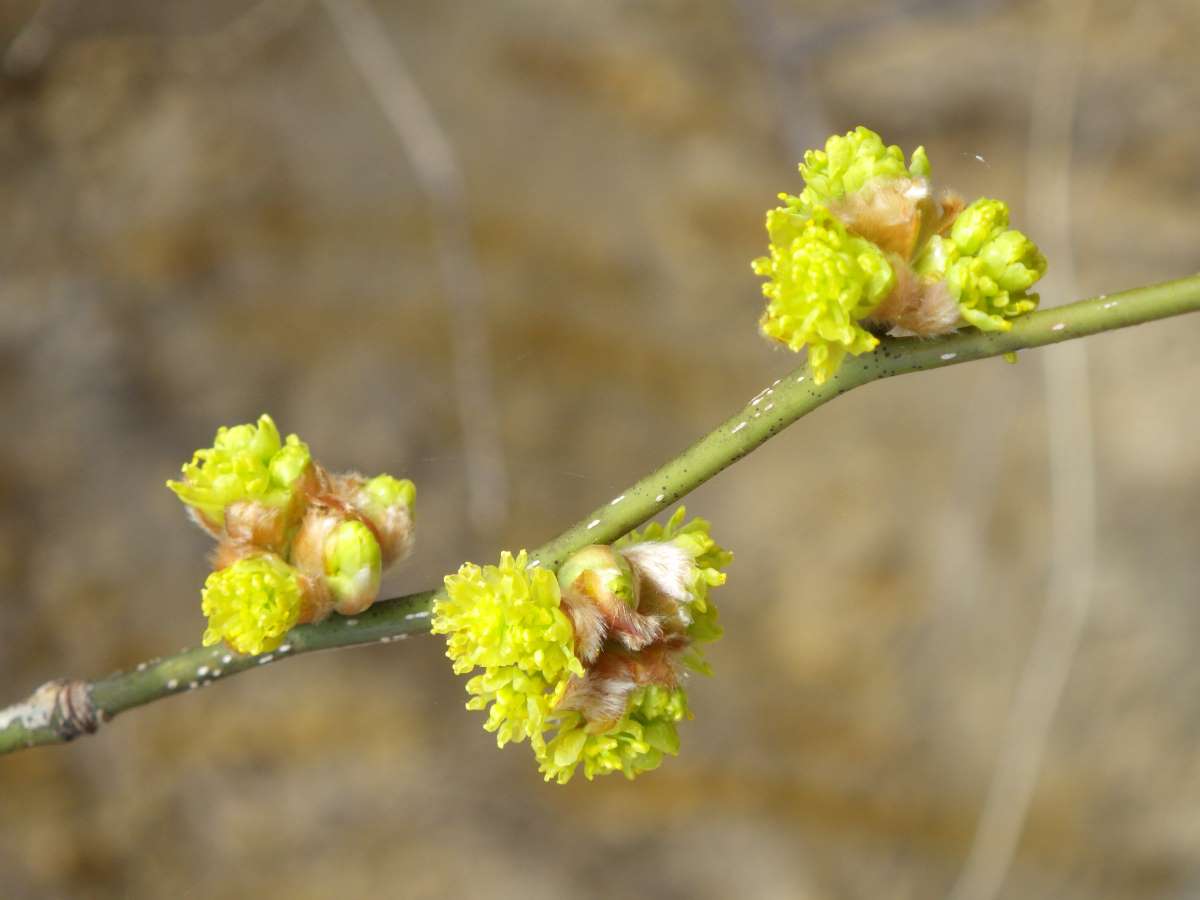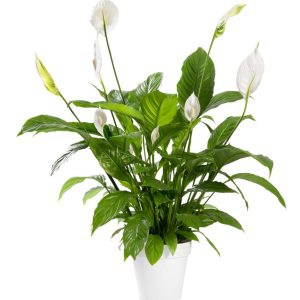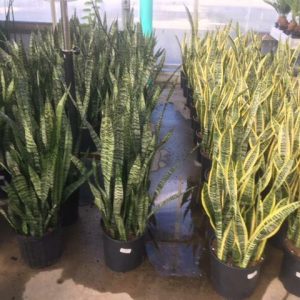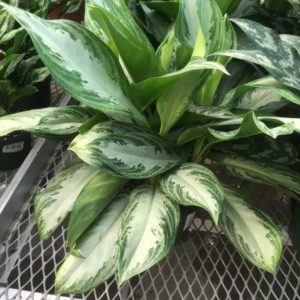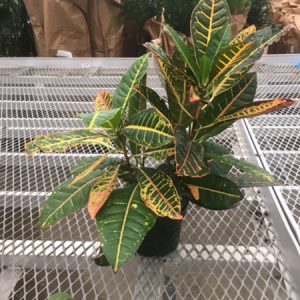Description
Lindera –
There are about 80 species of deciduous and evergreen, dioecious trees and shrubs in this genus. They occur in woodland and on riverbanks in Eastern Asia and North America. They are grown for their aromatic, alternate, smooth edged or 3 lobed leaves, which often color well in autumn on deciduous species, for their star shaped yellow flowers, held in axillary umbels, rarely singly, early in the year on bare branches, and for their showy fruits, which are attractive to wildlife. When foliage is crushed, it releases a pungent and distinctive spicy odor. Grow in a woodland garden or other informal garden. Grow marginally hardy species against a warm wall. Both sexes need to be planted together in order to bear fruits.
Grow in fertile, humus rich, moist but well drained, acidic soil in partial shade.
Prone to anthracnose, dieback, and rust.
L. obtusiloba – Japanese Spicebush – This spreading deciduous shrub or small tree from China grows 20-30′ feet tall and wide. It produces ovate to rounded, smooth edged or 3 lobed, aromatic, glossy, dark green leaves, to 5″ long, turning pale gold and brownish yellow in autumn. On previous year growth it bears umbels of tiny, star shaped, yellow-green flowers, 1/8″ across, in early and mid spring, before the leaves, followed by spherical, glossy, dark red to black globose, ½” diameter berries on female plants.
Zones 4-9

